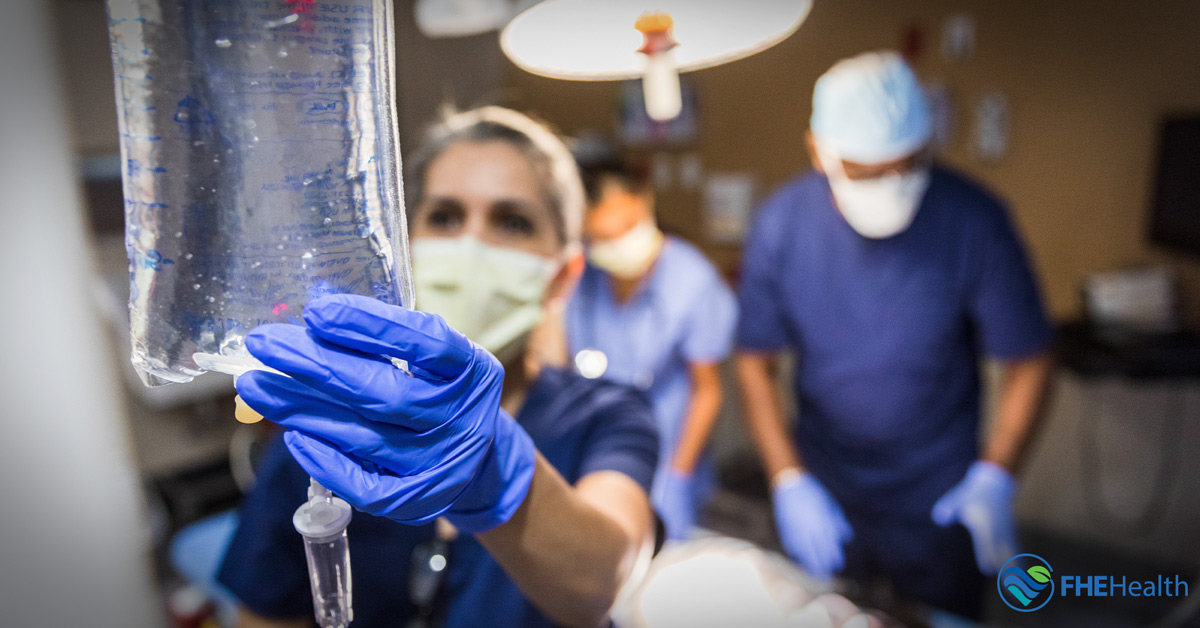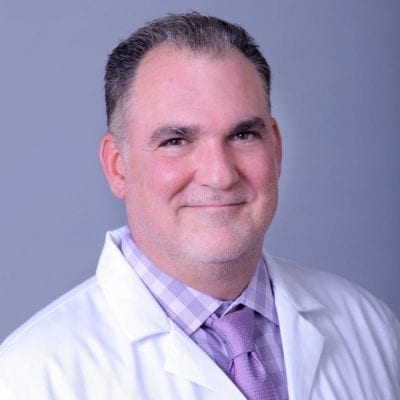
This article has been reviewed for accuracy by our peer review team which includes clinicians and medical professionals. Learn more about our peer review process.
Drug overdose is now a leading cause of death in this country, according to the Centers for Disease Control. It is also a public health crisis that has left families in grief, decimated whole communities, and prompted an urgent nationwide search for solutions.

Dr. Albert Castellon, M.D., has devoted much of his life to helping those at the center of this epidemic—those whose addiction puts them at risk of relapse and overdose. Before joining FHE Health as Medical Director, Dr. Castellon was the chairman of the Department of Psychiatry of the Broward Health Medical Center. He also is an active member of the American Psychiatric Association, American Medical Association, American Association of Psychiatric Medicine, Association for Convulsive Therapy, and American Society of Addiction Medicine.
At FHE Health, Dr. Castellon oversees patients’ medical and psychiatric plans of care. The work demands familiarity with the neurobiological features of addiction, including relapse (a common feature of many chronic diseases, not just addiction).
In a recent interview, we asked Dr. Castellon to unpack the science behind relapse and why it entails a higher risk of overdose. He shared his answers in the Q&A below. Together, they make a strong case for why treatment is key, not just to reducing overdose risks but to successful long-term recovery.
The Dangers of Relapse Overdose and Death
Q: Why does relapse increase your risks of overdose? What medical/neurobiological/chemical factors make the body more vulnerable after being abstinent from a drug?
A: A relapse of substances, particularly opiates, can increase your risk of overdose and death. After some time of sobriety, the receptors in your brain that correspond to the drug (“mu receptors”) are no longer being stimulated. (The mu receptors are involved with opiate use and modulate many physiological functions like stress, mood, temperature, respiration, and motivation.) When you reintroduce the drug, the receptors are then more sensitive to the drug’s action.
In other words, when you are actively using, your body builds a tolerance to the drug. The active user then requires a higher and higher dose to reach the same effect. When the patient is sober but then relapses, they will commonly use the higher dose they were using, which causes the receptors to be overstimulated and produce a more intense reaction, such as cardio-pulmonary failure.






